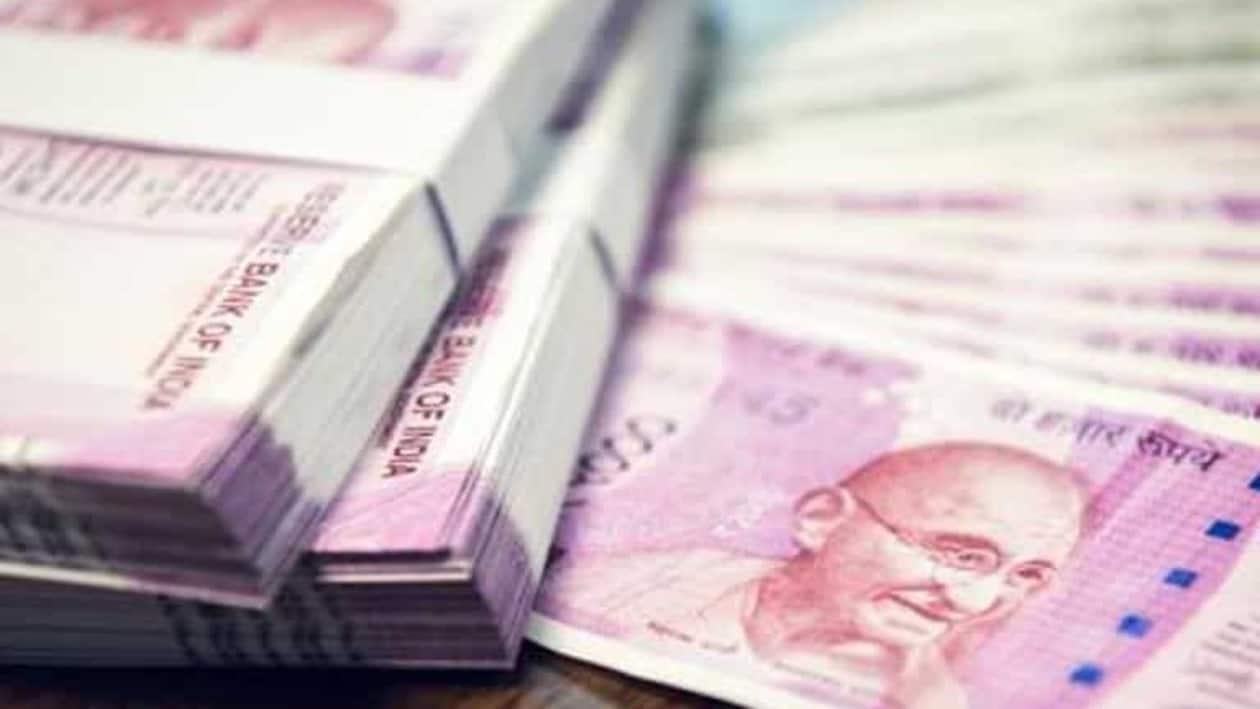Unclaimed money includes fundsand other assets that cannot be traced back to their rightful owner. Usually, thisunclaimed amountis given to the government when a predetermined duration of time has passed.
Last year, Finance Minister Nirmala Sitharaman pointed out that a total of over 51,500 crore was sitting unclaimed with financial institutions in the nation, including banks, insurance firms, and mutual funds. These numbers keep piling up with every passing minute.
The accumulation of this number may be due to a variety of factors. The existence of the dead person's account and the complete amount of money in it may not always be known to the family. People who relocate to new towns or countries sometimes can't close their accounts or have very little money in them.
Banks are required by RBI regulations to conduct an annual examination of any accounts that have been inactive for more than a year. If there have been no transactions in a savings or current account for more than two years, the account should be considered inactive or dormant.
Banks may approach clients and let them know about inactive accounts. The person who introduced the account holder may be contacted if the consumer cannot be located.
Current and savings accounts
The Depositor Education and Awareness Fund (DEAF) was established in 2014 by RBI to protect depositors' interests. The money is moved to the Depositor Education and Awareness Fund Scheme if the bank account is inactive for ten years. The initiative enables depositors to seek a repayment of their money. Following verification, the bank will send the money back to the depositor's account and request a refund from the RBI.
Money with the insurance firms
The Senior Citizens' Welfare Fund (SCWF) was formed by the Finance Act of 2015 and is used for initiatives that advance senior citizens' welfare in accordance with the National Policy on Older Persons. According to IRDAI regulations, any unclaimed money from policyholders who have been with insurance firms for more than ten years is transferred annually to the Senior Citizens' Welfare Fund.
Up to 25 years from the date the funds were transferred to the SCWF, the policyholders or their beneficiaries may make a claim for the obligations under their policies. However, the sums will return to the central government, if no claim is made up to 25 years following the transfer to SCWF.
Mutual Funds
According to SEBI, the Asset Management Company (AMC) is permitted to invest unclaimed funds, including redemption and dividends, in the call money market, money market instruments, a liquid scheme, or a money market mutual fund scheme that has been specifically floated by the AMC for the use of unclaimed amounts.
To address this issue, prominent stock broker Zerodha stated last year that its users will soon be able to add one or more nominees to their trading and demat accounts entirely online. If the account becomes inactive for a year and is not activated by re KYC in a timely manner in response to the alerts received, Zerodha will notify the nominees.
